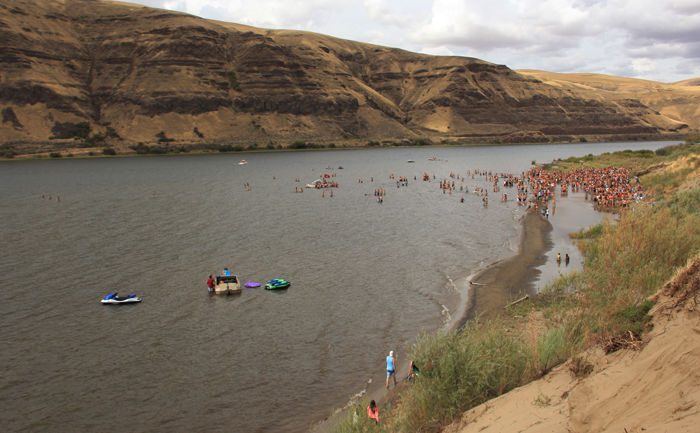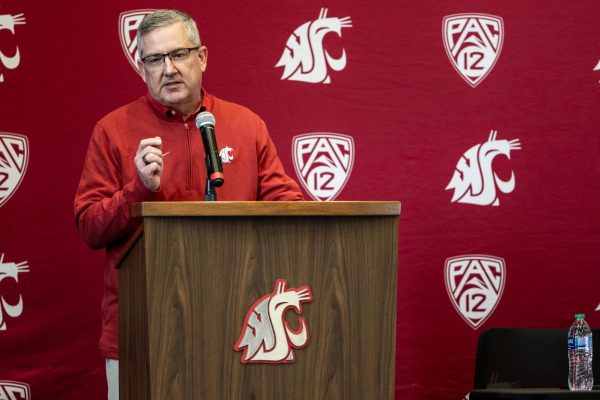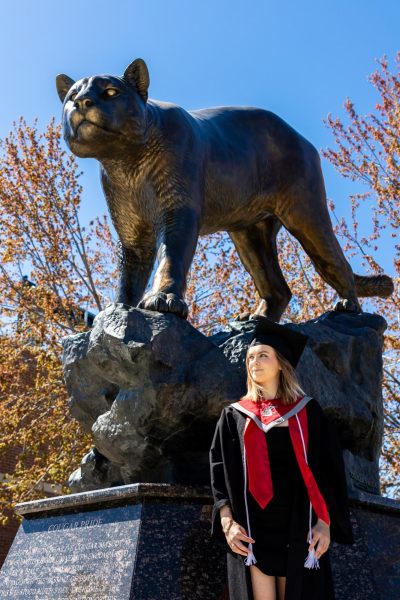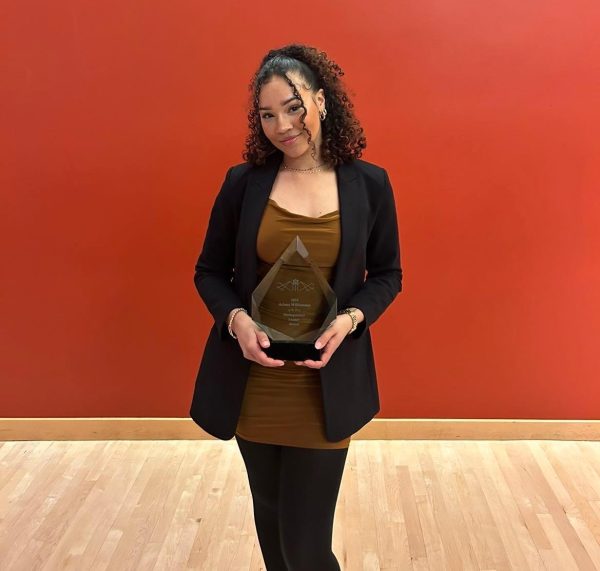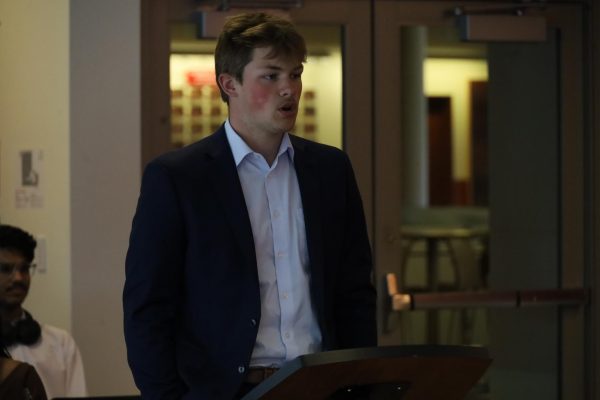A delicate balance
WSU students gather in fall 2014 at the Illia Dunes, a popular party spot. The dunes have been shut down on multiple occasions due to the negative environmental impact of students on the site.
June 1, 2016
As the summer outdoor season is drawing near, there are many ways to get out and explore the natural beauty Eastern Washington has to offer.
WSU Outdoor Recreation Center (ORC) is one opportunity that students can utilize to go on trips and participate in clinics that promote sustainability and won’t impact wildlife and the environment.
“As long as people respect the habitat, there can be a reasonable coexistence.”
Kat Hall, The Lands Council conservation programs director
Although it can be difficult to get students engaged in sustainability, said Matt Wagner, ORC outdoor programs and climbing wall coordinator, there are polices and workshops in place that the ORC practices to increase awareness.
“We’re definitely not perfect,” he said, “but we’re getting as close to perfect as we can.”
Eco Adventure trips led by the ORC conduct a “Leave No Trace Awareness” workshop that trains students to minimize their impact on the environment for every overnight trip, Wagner said. One of the main principals is to dispose of waste.
The University of Oregon recently made the news after an estimated 1,000 people partied at Lake Shasta, leaving U of O gear and trash all over the campsite.
WSU has had the same issues at the Illia Dunes with closures due to students leaving trash in the area after days of partying near and on the water.
With programs like Eco Adventures, as well as on-campus programming, the ORC aims to keep trips within 150 miles of campus to minimize the adverse effects of driving. The university introduced Green Bikes as a sustainable transportation option for the same reasons.
“We’re definitely not perfect, but we’re getting as close to perfect as we can.”
Matt Wagner, ORC outdoor programs coordinator
Going to national parks without a group of people and a coordinator is also an effective way to learn about how to be sustainable as well. Kat Hall, conservation programs director with The Lands Council, an Inland Northwest environmental advocacy group, said people could learn by simply going on a trip.
By going to national and state parks and experiencing nature, Hall said people can become motivated to protect their environment.
“As long as people respect the habitat,” she said, “there can be a reasonable coexistence.”


